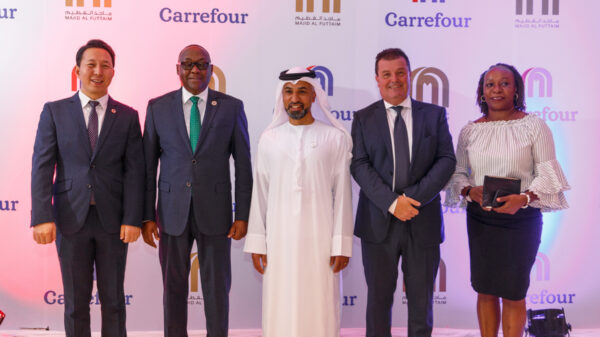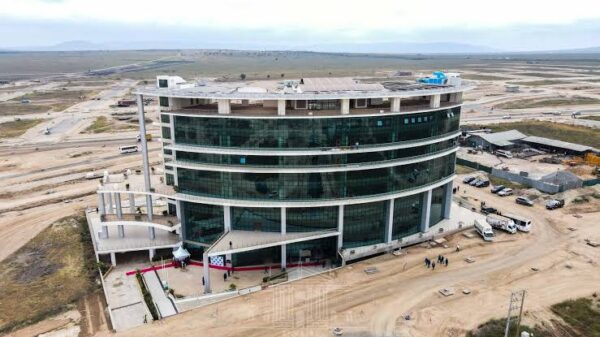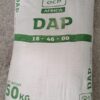
Dutch food and cosmetics giant Unilever was founded in 1930 and has grown into a massive conglomerate, employing some 173,000 people around the world/AFP
THE HAGUE, Netherlands, Feb 1 – Food and consumer products giant Unilever Thursday posted soaring 2017 profits of 6.5 billion euros ($8.05 billion), after a year of “major change” when it spurned a Kraft Heinz takeover bid.
The announcement came a day after Unilever announced it was adding to its popular ice-cream ranges, which include Magnum, by scooping up Romania’s leading ice-cream maker, Betty Ice, for an undisclosed price.
Net profit leapt 16.9 percent on sales of 53.7 billion euros, up 1.9 percent year-on-year, which chief executive Paul Polman said: “demonstrates the progress we have made in transforming Unilever into a more resilient and more agile business”.
“We have delivered a good all-around performance with competitive growth,” he said in a statement, adding the company had also made two billion euros in savings during the year.
“This puts us well on track towards our savings target of €6 billion, and a targeted underlying operating margin of 20 percent by 2020,” Polman said.
The Rotterdam-based Unilever, which employs some 169,000 people around the world, owns more than 400 household brands including Dove beauty products, Knorr soups, Lipton teas, Magnum ice cream and Marmite.
Since rejecting the bid by its US rival Kraft Heinz in February 2017, Unilever has sought to prove to shareholders that it is better off on its own and has vowed better profitability.
It bought up or took stakes in 11 companies in 2017, with a heavy focus on organic and natural products including Mae Terra organic food in Brazil and Pukka Herbs organic herbal tea in Britain.
“We are evolving the portfolio at an accelerated pace to ensure we have the platforms in place for long-term growth,” Polman said.
Following the tensions triggered by Kraft Heinz’s unsolicited bid, Unilever unveiled a 3.5-billion euro restructuring plan and announced the spin-off of its margarine division, hoping to soothe investors concerns after rejecting the proposed tie-up which would have valued the group at $143 billion.
Unilever said Thursday that after agreeing “to sell our global spreads business … we expect to exit around the middle of 2018”.
Excluding spreads, sales reached 50.7 billion euros, an increase of 2.2 percent over the previous 12 months.
Sales were particularly strong in Asia increasing 5.9 percent, driven particularly by increasing online sales in China, and strong demand in India and Pakistan.
But the North American market was “weak throughout the year,” while European markets “remained challenging with subdued volume growth and continued price deflation in several countries”.
Unilever is listed in both London and on the Amsterdam AEX, a historic status which the company is also reviewing. Polman said the investigation “of the dual-headed legal structure has progressed well and we expect to conclude it shortly.”
Its shares were down 0.8 percent in early London share business, underperforming an overall firmer market.



































